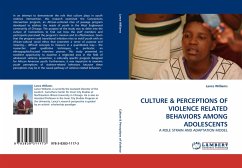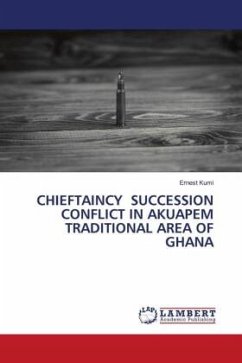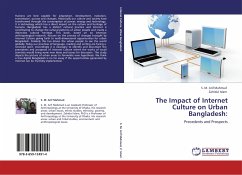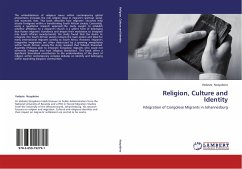In an attempt to demonstrate the role that culture plays in youth violence intervention, this research examined the Connections intervention program, an African-centered rites of passage program developed to address the needs of youth in the West Englewood community of Chicago. The purpose of the study was to delve into the culture of Connections to find out how the staff members and participants perceived the program s mission and its effectiveness. Given that the program used transitional initiation rites to instill youth with an African-cultural social ethos that promotes a sense of purpose and meaning difficult concepts to measure in a quantitative way the researcher used qualitative techniques, in particular, an ethnographic/focused interview process. This study presented an excellent opportunity to examine a neglected area in the field of adolescent violence prevention, a culturally specific program designed for African American youth. Furthermore, it was important to examine youth perceptions of violence-related behaviors because these perceptions may be in the causal pathway of violence-related behaviors.
Bitte wählen Sie Ihr Anliegen aus.
Rechnungen
Retourenschein anfordern
Bestellstatus
Storno








